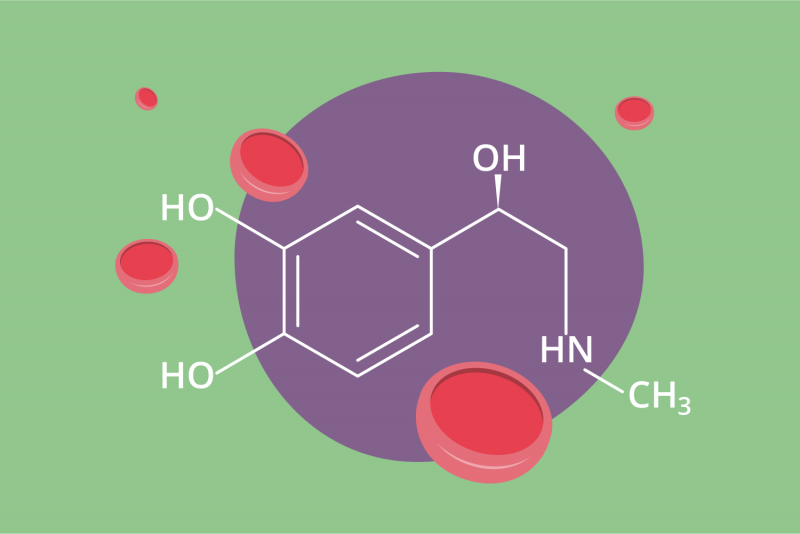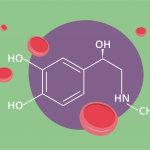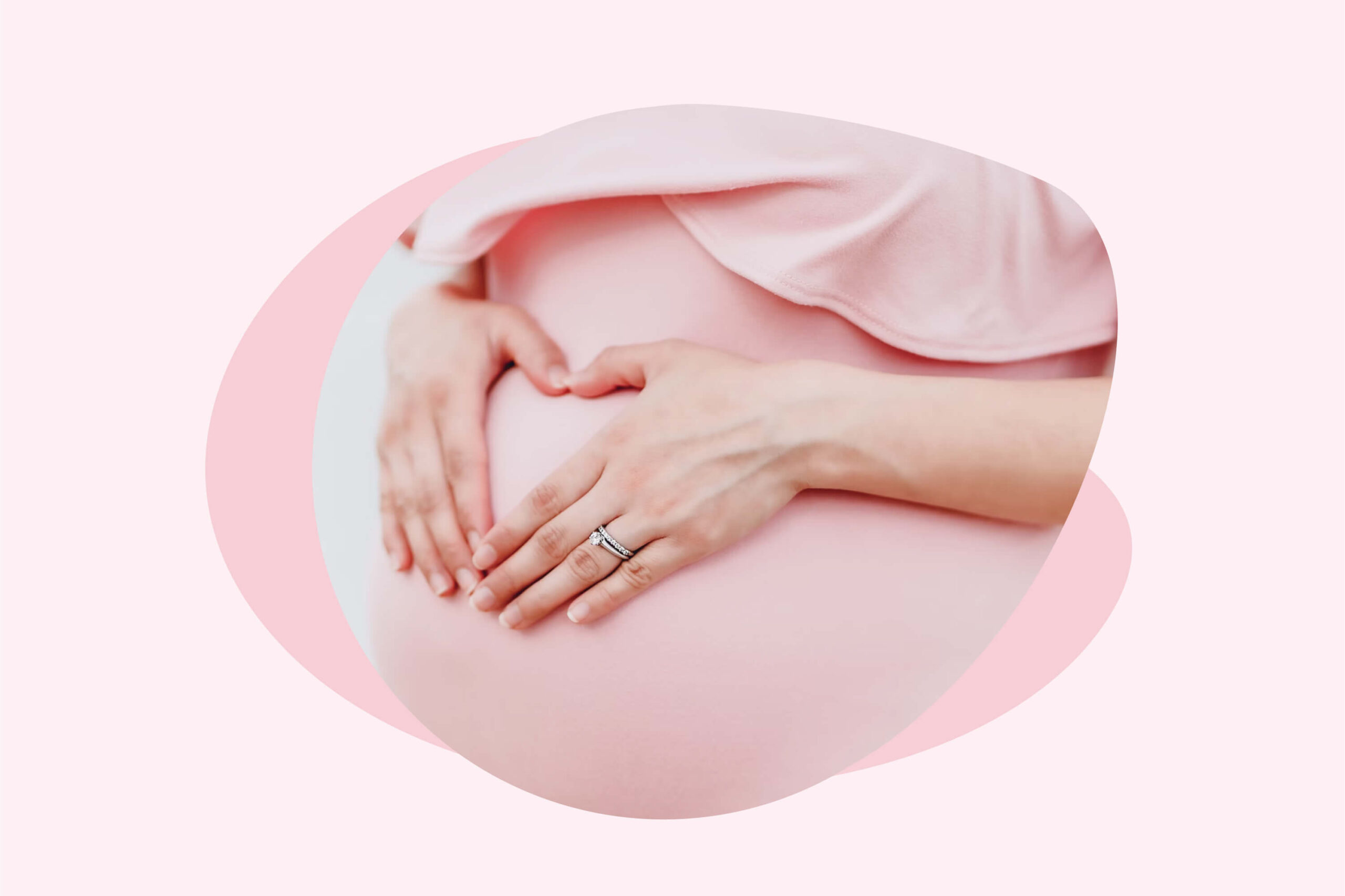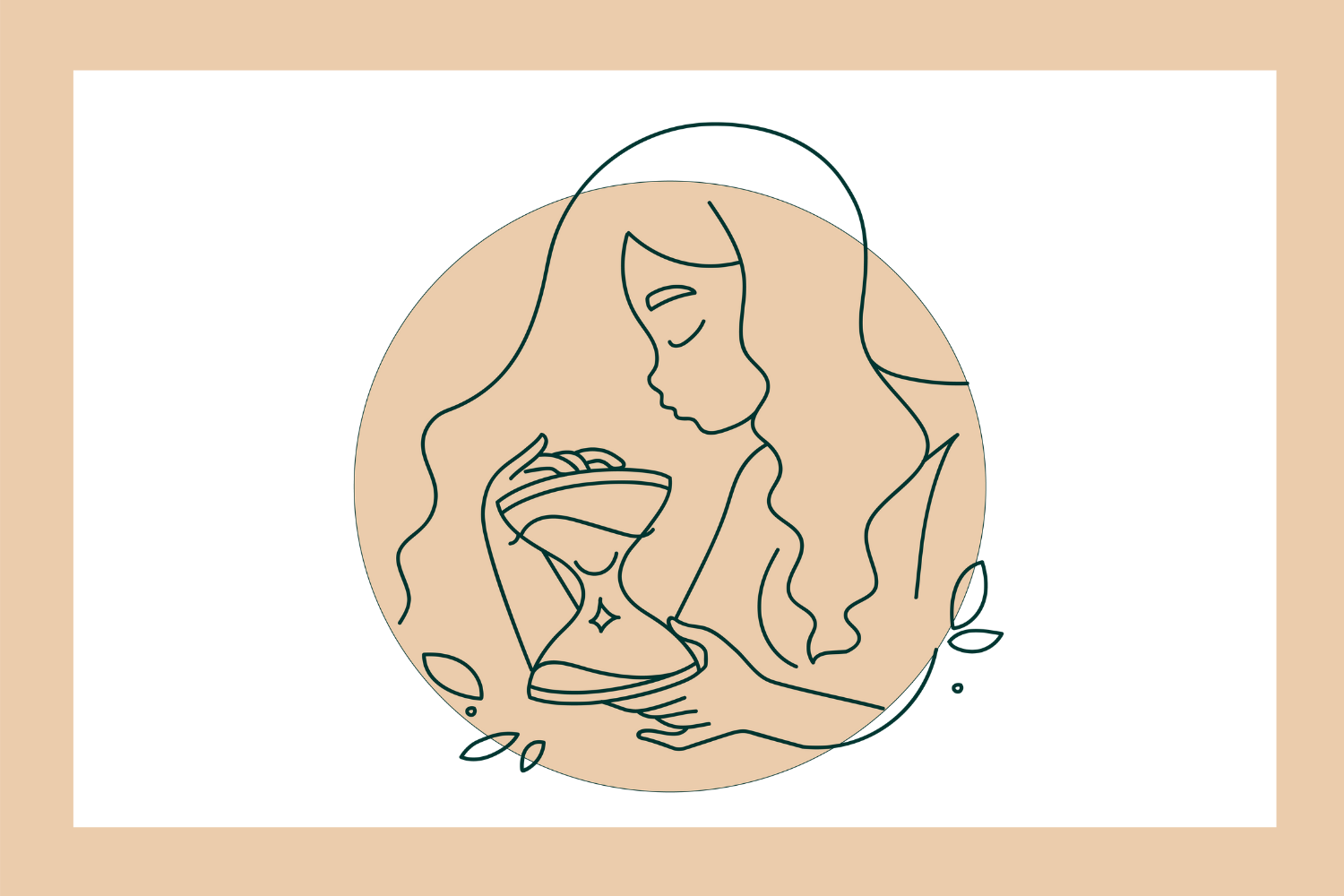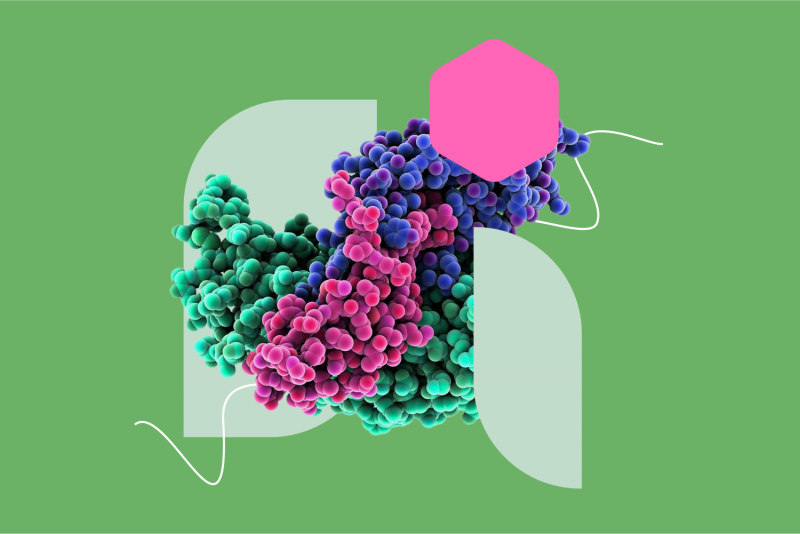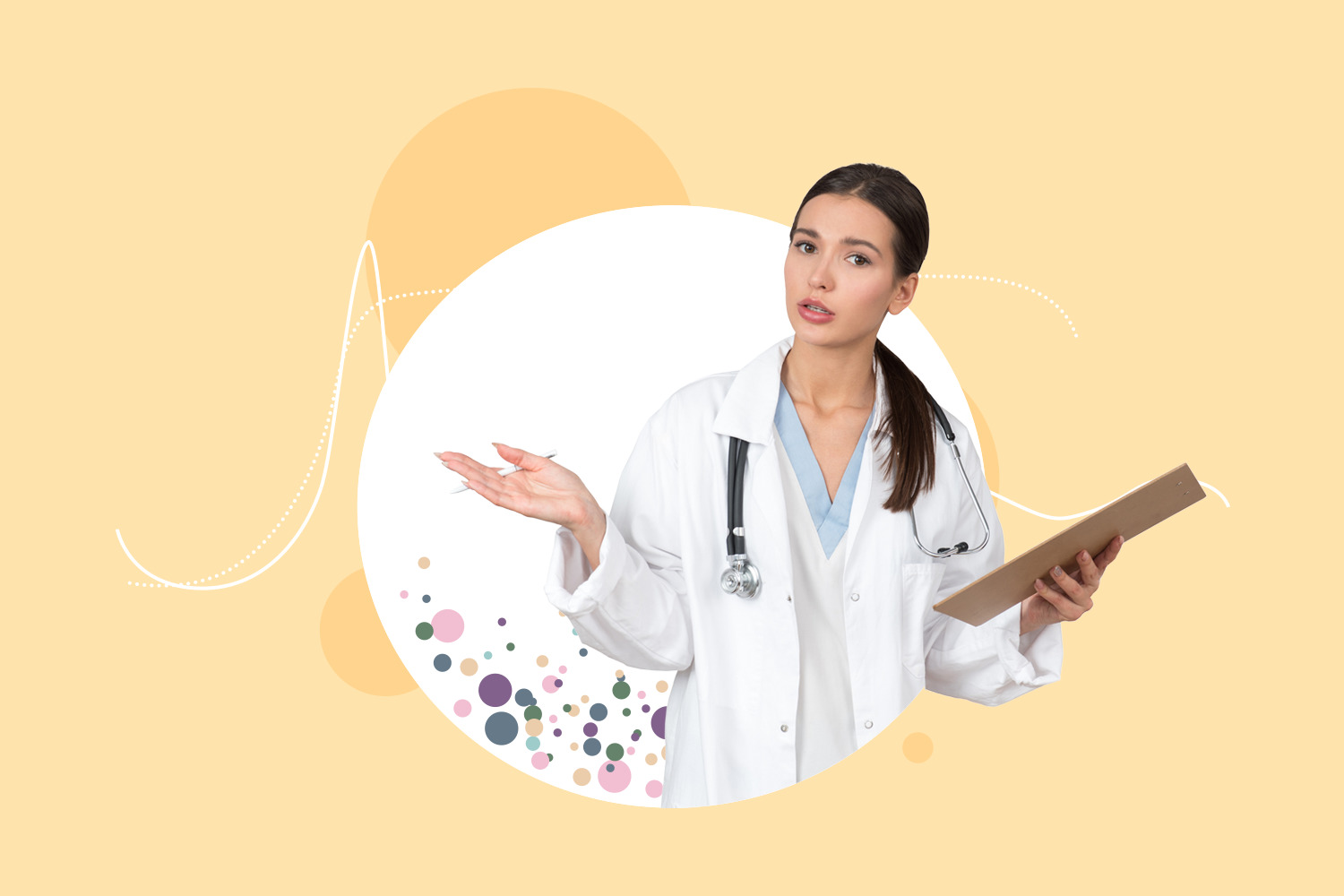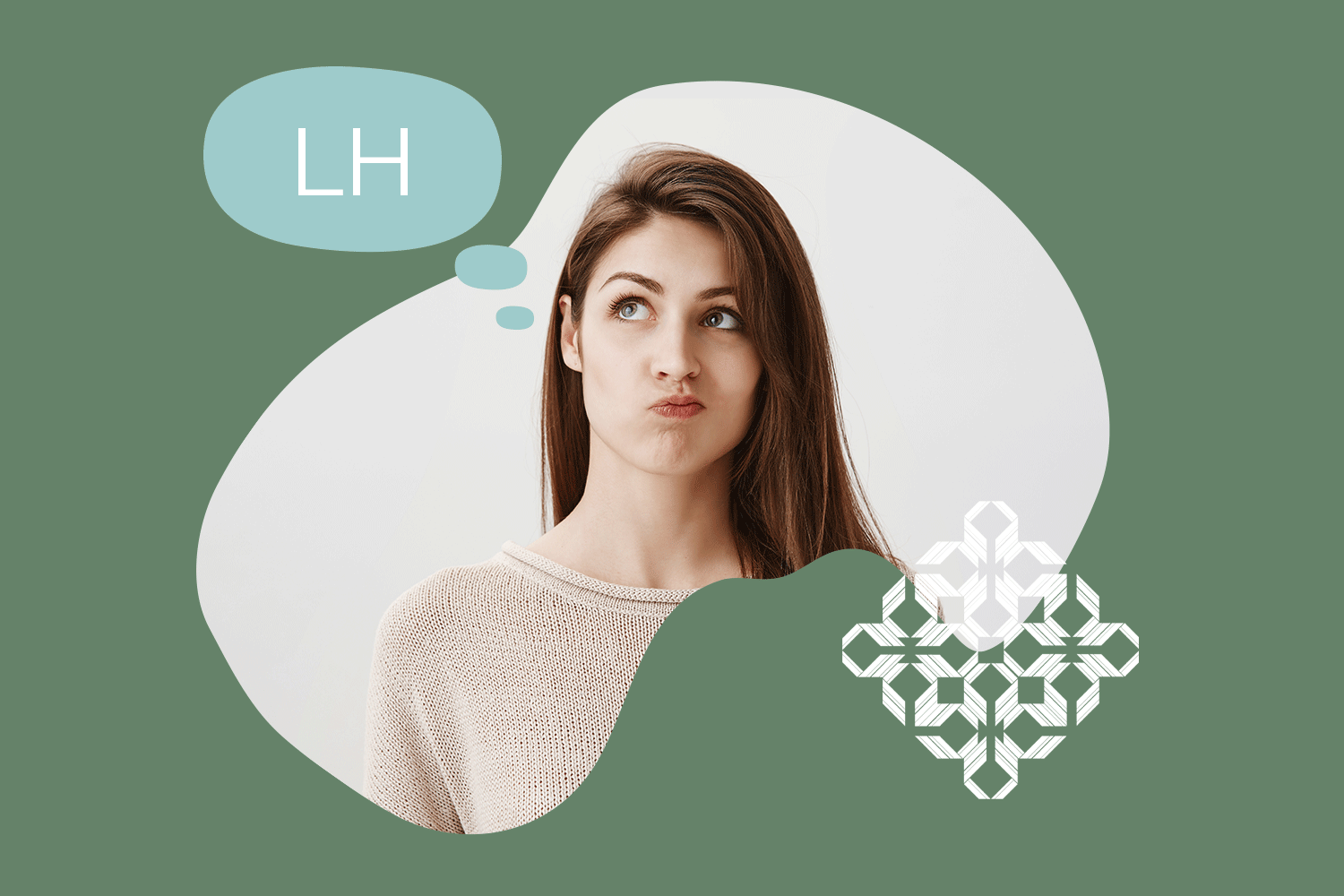12 minutes read
Browse the library
Find articles written by experts on fertility, health, well-being, and much more.
7 minutes read
Progesterone vs Progestin – What’s the Difference?
6 minutes read
Exploring Estriol vs Estradiol & What They Mean to You
11 minutes read
Can You Have a Successful Pregnancy with Low Progesterone?
11 minutes read
Estrogen in Women: What It Does & What Levels to Look for
9 minutes read
What Is a Normal FSH Level to Get Pregnant? (TTC Guide)
10 minutes read
6 Ways to Reverse Estrogen Dominance Naturally
7 minutes read
Can hCG Injections Help with Pregnancy (and Miscarriage)?
11 minutes read
11 Signs of Estrogen Dominance (+ Causes and Risks)
6 minutes read
7 Tips for How to Increase Luteinizing Hormone when TTC
7 minutes read







